
15 minute read
Upfront
UPFRONT UPFRONT



BIBB DOMINATES IN MAYORAL PRIMARY, WILL FACE KELLEY IN GENERAL
LAST TUESDAY NIGHT, THE
exclamation point that has famously belonged to (and symbolized) Dennis! Kucinich for decades in Cleveland politics found a new and forceful heir. Justin Bibb!, the 34-year-old nonprofit executive, sailed to victory in the Cleveland mayoral primary election, collecting better than 26% of the total vote and vanquishing his six opponents despite never having held elected office.
Bibb, who announced his run early and campaigned aggressively citywide with a committed team of staffers and volunteers, would be the second-youngest mayor in Cleveland’s history, behind only Dennis Kucinich, if elected in November.
“We are in just the first phase of this journey,” Bibb said in a victory speech delivered at Glenville’s Third Space Action Lab, surrounded by staff and supporters. “Tonight is just one small victory. But come November—come November—we’ve got the opportunity to finally reimagine what policing looks like in America. We have an opportunity to finally bring real hope and real opportunity to our neighborhoods... We also have an opportunity to do the hard work to make sure that every child in this city who goes to a Cleveland public school has the same opportunity at life that I did.
“I believe that we cannot afford more of the same, because more of the same has gotten us to this point right now. I believe that now, not yesterday, not tomorrow, but now is the time for bold, new, dynamic, visionary leadership. Not the failed politics and the politricks of the past.
“Come November we will finally build a new political coalition to make Cleveland the best mid-sized city in America.”
City Council President Kevin Kelley, collecting nearly 20% of the vote, was the primary’s runner-up and will face Bibb in the November general election. Sipping tentatively on a Black & Tan at The Harp in Ohio City, the well-financed Kelley heaved a sigh of relief when the west side wards delivered for him. Before Tuesday, Kelley’s insiders had apprised him that he, Bibb and Kucinich had the strongest chance to take the top two spots.
“We are going to create a Cleveland where every neighborhood counts,” Kelley told Bill Mason, Ed FitzGerald, Dave Wondolowski and the rest of his supporters once his second-place finish was secured. “We will not be comfortable with terms like digital divide. We will not be okay with the notion that your life expectancy and your health outcomes are determined by your zip code.”
Bibb, Kelley and Dennis Kucinich were indeed the evening’s frontrunners when absentee ballots and early votes were tallied. Bibb’s lead continued to expand throughout the night, while Kucinich failed to make up necessary ground in Ward 17 (West Park).
At Caffe Roma in Cleveland’s Jefferson neighborhood, Kucinich conceded when 92% of the votes had been counted. He thanked his team of volunteers and applauded the “extraordinary campaign” of Justin Bibb in a brief speech. He said he was looking forward to spending time with his wife Elizabeth and the new friends they’d made this
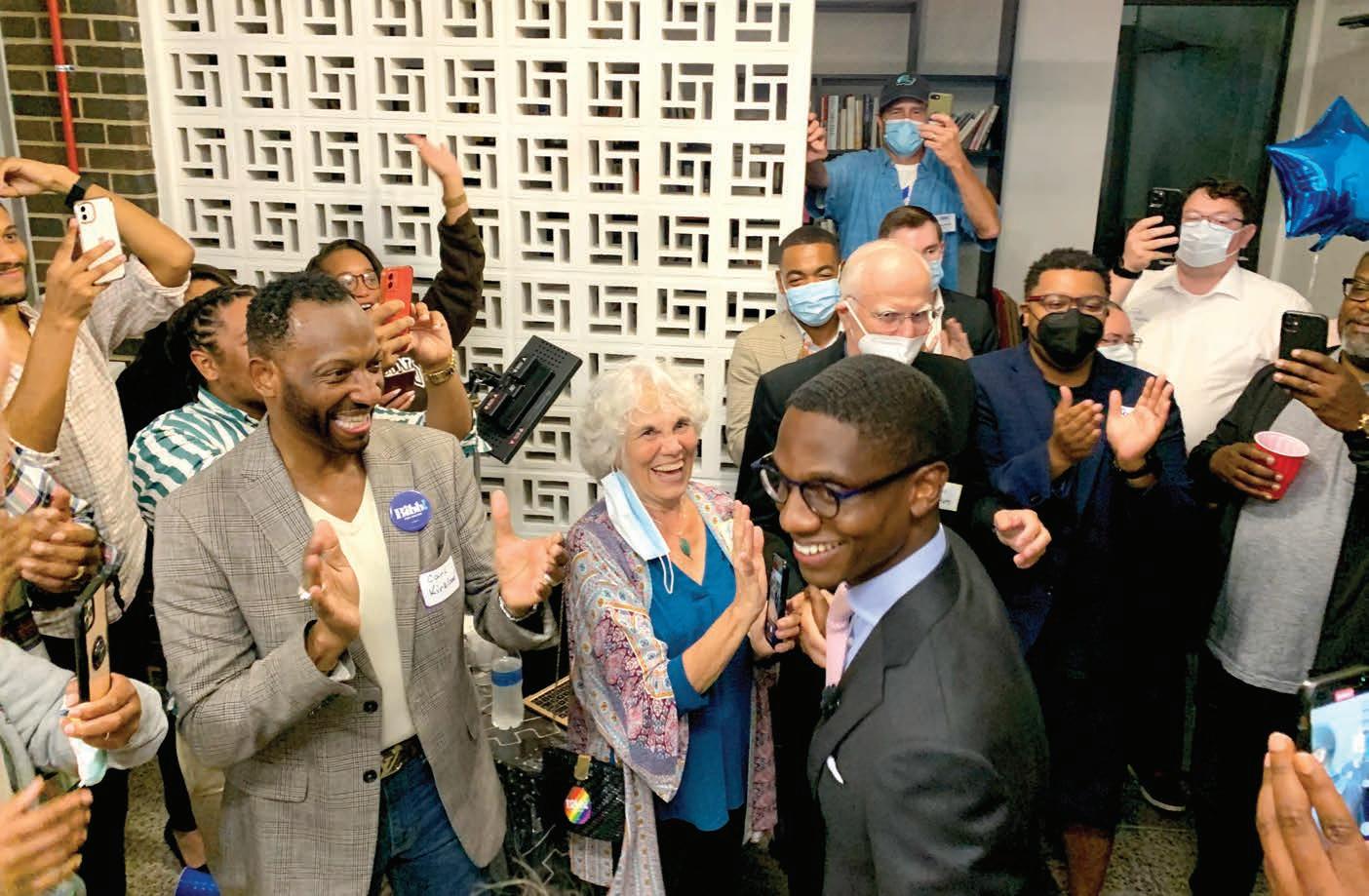
UPFRONT

summer. A band of union musicians, led by Leonard DiCosimo and Dennis Chandler, blasted upbeat tunes to an anxious parking lot all evening.
It was a disappointing night for Zack Reed, Sandra Williams and Basheer Jones, who finished fourth, fifth and sixth respectively, commanding about 11% of the vote each. From his watch parth in the Flats, Reed thanked his supporters in a concession speech delivered shortly after 10 p.m.
“It’s not for us to make up any excuses,” he said. “Know that you’ve done a very good job on this campaign trail. It was a fantastic job and I wish you well. I want to make it plain and simple. You know, the main things are the plain things, and the plain things are the main things. We didn’t get the votes.”
Attorney Ross DiBello finished in a distant seventh place, as many predicted. He watched the results arrive from the Board of Elections with his closest friends at Masthead Brewery -Sam Allard, Vince Grzegorek, Gennifer Harding-Gosnell, Eric Sandy
OP-ED: What did I Learn Running for Cleveland Mayor? Only Clevelanders Can Fix Themselves
If you’re reading this online, you’re lucky.
Many Clevelanders don’t have the WiFi, equipment, time, freedom, and/ or literacy skills to read the news online.
I love Cleveland. All of Cleveland. Many (still) don’t know who I am, but since 2009, when I started working for local attorney Cassandra CollierWilliams, few residents have been to more ward club meetings, parades, endorsement meetings, holiday parties and other local events than me. That continued during the mayoral primary season. And it crystalized what I’ve felt for a long time: Cleveland is not a place where residents are well-represented by our elected officials. I apologize to those who might be offended by a statement of that nature. I know you mean very well and try very hard.
It would be an incomplete statement to say, “The 2021 mayoral primary was decided on September 14, 2021.” In reality, the 2021 primary and general, and potentially every general for the next few decades, were decided many months, if not years, before Tuesday. That’s because the system is broken.
For those who followed my campaign, it was clear the realities of my platform, unfortunately, dominated my work ethic. Much of my platform could be summed up by saying unconnected residents stand no chance. A big part of my motivation for running, and the creation of my platform and proposals, was the state of the city in 2017 and the election results of 2017. Much entrenchment, and little to no accountability. Mayor Jackson won handily again, Ken Johnson won handily again, and they were backed and endorsed by the people and institutions whose resources and words made us feel some type of way about them and their opponents.
The Mayor is not nearly the most powerful person in the City of Cleveland. The people who influence our opinions run the city. Many people want the title, responsibility, salary, servant duty, recognition and/or power that comes with becoming a councilperson or mayor. The wealthiest among us can invest in plenty of fish in the sea. Quid pro quo donations for policy positions are unnecessary. Well-backed candidates either naturally, or genuinely over time while running in certain circles, come to feel that tax abatement and top-down economics are the best policies for all of Cleveland, no matter your street. Great campaign managers, marketers, materials and canvassers cost money. That money will be given largely by people who benefit from policies to candidates whose views align with theirs. Mine do not.
I suppose it was hubris to think I could get around the influence of the gatekeepers and political mailers by meeting people while petitioning and with a larger platform than the public relations and corporate candidates. I would have bet money on the fact that we would get votes in the thousands. (And it will join the many bets I’ve lost in my life as a sometimes-professional gambler.)
I knew many of the obstacles beforehand, including the media portion of the challenge. My plan to get around it was to talk to upwards of 10,000 voters personally. I blew past that goal. I’ve spent a lot of time grassroots campaigning, I enjoy it, frankly. Most people will tell you they enjoy it and snap pictures wearing big smiles, but they do it from a place of necessity and view it as horrible work. The perception (now documented in reality) of viability was my failure. Person 10,001 liked me a lot, but could never trust that I talked to 10,000 people before them and that a majority of them would circle my name if they voted at all.
The other six candidates were great, seemingly well-intentioned. For months I was treated with nothing but respect by every candidate and most of their teams. But I still feel very strongly that none of the six are advocating for systemic change but instead for themselves and those who fill their campaign coffers. I worked harder than probably any human being anywhere to make the ballot and debates. I tried to answer every question as best I could, even if the answer was, “I need to read more about that or put more work in on this issue.”
A great politician pisses as few people off as possible, from the wealthiest donor to the poorest dependable voter. I simply wanted to give Clevelanders my sometimesflawed truthful answer. The best politicians determine their public opinions and answers to questions based on polling and focus groups. I feel I won most of the debates on substance, even if my delivery was sometimes very poor. I’m especially proud of my criminal justice Zoom, the Slavic Village forum, and second City Club debate. I never won “post-debate spin,” except for the Progressive Caucus forum, where another candidate still received many more votes than me and almost the endorsement.
But I stand by what I said.
Huge chunks of Cleveland taxpayer dollars being spent to enrich the already-wealthy instead of being used to tackle our most important issues is the city’s biggest problem. More focus should be spent here if we want to get off the various Worst Of lists and lessen crime and improve city services. Child poverty, the environment, public schooling and transportation, crime and criminal justice reform, city services,
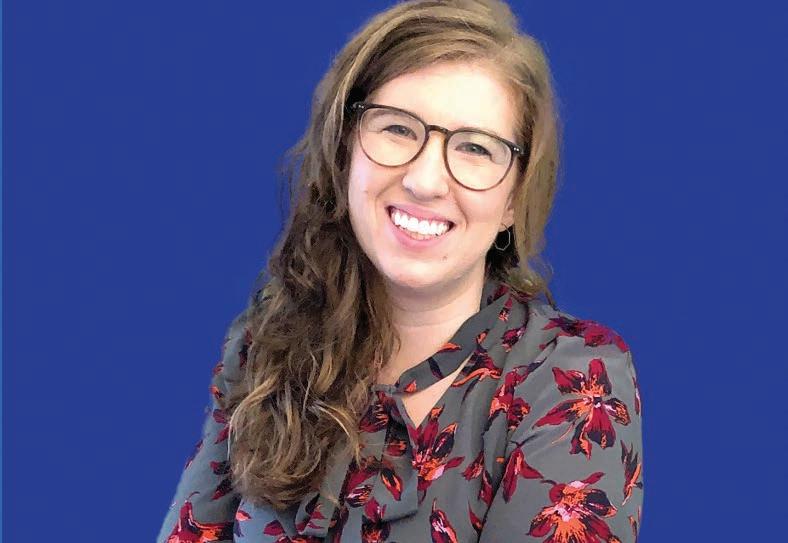
lead paint poisoning, homelessness, infant mortality, vacancies and affordable housing, affordable goodfaith lending, workers’ rights and wages, healthcare, more ambulances and ambulance drivers, code enforcement. The donor class may pay lip service toward improving these things. Make no mistake. They worsen them.
With Justin Bibb and Kevin Kelley, I see two people who would be great candidates for Mayor of Downtown or Cuyahoga County Executive.
But they are our choices this November.
If the winner continues to enrich very wealthy non-Clevelanders who have gotten them to this point, crime will not go down. The reporting of crime will go down. Adding officers, moving officers from desks to the streets, and devoting resources towards studying the root causes of crime means more of the same.
Clevelanders: Be engaged, vote, ask questions, but don’t be zealots for the final candidates. I don’t care if they are your immediate family. Tough love is true love. So love Kevin Kelley. Love Justin Bibb. But don’t fall in line behind one of them. Don’t believe everything you read. Be zealots for humankind, especially those who need you more than politicians and the donor-class. Learn, vote, donate, volunteer, and work as hard as you can. Keep an open mind. Work tirelessly to hold city hall to a higher standard. Because that’s the only way true change will ever happen. -Ross DiBello
DIGIT WIDGET
20,000
Population that the Downtown Cleveland Alliance claims downtown Cleveland has now surpassed.
12,165
Downtown population, according to the U.S. Census and the Center for Community Solutions.
15%
Cleveland voter turnout in the primary elections of 9/14, an improvement – unbelievably – on the 12.9% that voted in the 2017 primary election, where Frank Jackson and Zack Reed were the top two vote-getters.
285
Refugees from Afghanistan who will be coming to Cleveland on humanitarian parole, Gov. Mike DeWine announced this week.
Incumbents Dominate City Council Races, but Maurer Mounts Stout Challenge in Ward 12, Ken Johnson Falls at Last
CLASH attorney and neighborhood activist Rebecca Maurer nearly defeated incumbent Anthony Brancatelli in the Ward 12 City Council primary last Tuesday. Maurer fared best among candidates taking on incumbents, winning 42% of the vote, compared to Brancatelli’s 46%.
The results in the Slavic VillageOld Brooklyn ward, one of only two Cleveland wards that occupy both sides of the Cuyahoga, promise a fierce November runoff in which Brancatelli can be expected to marshal his clout and council resources to try to bat away the justice and transparency advocate, who launched her campaign with a public engagement pledge that other progressive challengers embraced. Maurer’s primary success suggests that with a tireless ground game — she has been canvassing Ward 12 on a nightly basis for months — incumbents can indeed be effectively dislodged, or at least made extremely uncomfortable.
Ward 5 was the only other ward where an incumbent did not win decisively. There, Delores Gray, who was appointed to replace Phyllis Cleveland only a few months ago, narrowly defeated Richard Starr, who ran in 2017. Starr, 32, grew up in the King-Kennedy housing complex and received the endorsement of the PD/cleveland. com editorial board, though Gray refused to participate.
If Gray defeats Starr in November, Cleveland could see twin sisters on council for the first time ever. Gray’s sister Deborah was the top votegetter in Ward 4. She’ll go head to head with librarian Erick Walker in the November general. Both have received a number of endorsements from neighborhood groups, though
clevescene.com
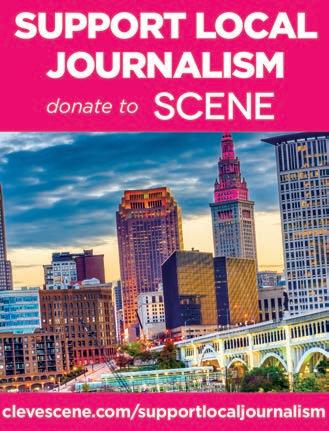

UPFRONT

Gray won the vast majority of Ward 4’s precincts. Disgraced councilman Ken Johnson, who will be sentenced next month for his thefts in office, remained on the ballot there. He came in fifth out of 11 candidates, though could not have served even if he’d won, due to his felony conviction.
Ward 11 featured an incumbent who was recently appointed as well. Brian Mooney managed to collect 46% of the vote in the low turnout west side ward, but could face a stiff challenge from educator Michael Hardy (29%), especially if Hardy can consolidate support from third-place finisher Donna Woods (25%).
Ward 7 featured two known quantities in Hough: statehouse Rep. Stephanie Howse and former councilman TJ Dow. Both will advance to the general, though neither eclipsed 30% of the ward vote. With 11 candidates in the primary race, they’ll have their work cut out for them.
In the other races, incumbents won handily. In Ward 1, incumbent Joe Jones (66%) will face Kimberly Brown (27%) in the runoff. In Ward 2, incumbent Kevin Bishop (74%) will go up against Monique Moore (13%). In Ward 3, incumbent Kerry McCormack will take on young environmentalist Ayat Amin (20%). In Ward 8, council artifact Mike Polensek (77%) will go head to head with Black Lives Matter activist Aisia Jones (17%). And in Ward 17, Charles Slife (57%) must withstand another frontal assault from West Park’s own Mary Kathleen O’Malley (29%). -Sam Allard
Frank Q. Jackson, the 24-year-old grandson of Mayor Frank Jackson, was shot and killed Sunday night in an incident near the Garden Valley public housing complex in the Kinsman neighborhood.
Cleveland Police say that the shooting occurred at approximately 9 p.m. While no arrests have yet been made, investigators are soliciting information and following up on leads.
Local media on scene reported a significant police presence, and noted that Police Chief Calvin Williams, Safety Director Karrie Howard, Ward 6 Councilman Blaine Griffin and Mayor Frank Jackson himself were all in attendance.
Frank Q. Jackson was a suspected member of No-Limit 700, a violent street gang operating in Cleveland. His criminal activity over the past several years regularly appeared in local headlines, given his family connections.
In June, 2019, the younger Jackson choked and violently beat an 18-year-old woman with a truck hitch. Jackson agreed to plea deal in that case. He was found guilty of only a misdemeanor assault charge and received a sentence of 18 months probation. A harsher felonious assault charge could’ve included up to eight years in prison.
Two months later, a 30-yearold man, Antonio Parra, was killed in Cleveland’s Clark-Fulton neighborhood. The suspected assailants drove away in a car registered to Frank Q. Jackson. Jackson told investigators that he’d sold the car the month before, and he was never charged in the case.
But in a lawsuit filed by Parra’s mother, the investigation of Parra’s murder was likened to other cases involving the Mayor’s grandsons in that it was “marked by anomalous and unexplained deviations from established police policies and procedures,” the most significant of which was that investigators did not question or arrest Frank Q. Jackson or perform a gun residue test to determine if he had recently fired a gun on the night of the murder. At the mayor’s request, he was allowed to come down to the police station the following day for an interview.
The mayor’s alleged interference in his grandsons’ prosecutions created a “culture of impunity,” the lawsuit argued, in which Jackson’s young family members believed they were “above the law.”
Frank Q. Jackson lived at the mayor’s home in the Central neighborhood. The mayor has frequently been pressed into comment about the gang activity of his grandson. He has said that a culture of guns, dirt bikes and crime is prevalent:
“So if many of the kids have guns, they are gonna have friends who have guns. I wish the world was Pollyanna. I wish that Disneyland prevailed. And I wish that the illusion that people think the world is, I wish that were reality. But it’s not.”
-Sam Allard
scene@clevescene.com @clevelandscene






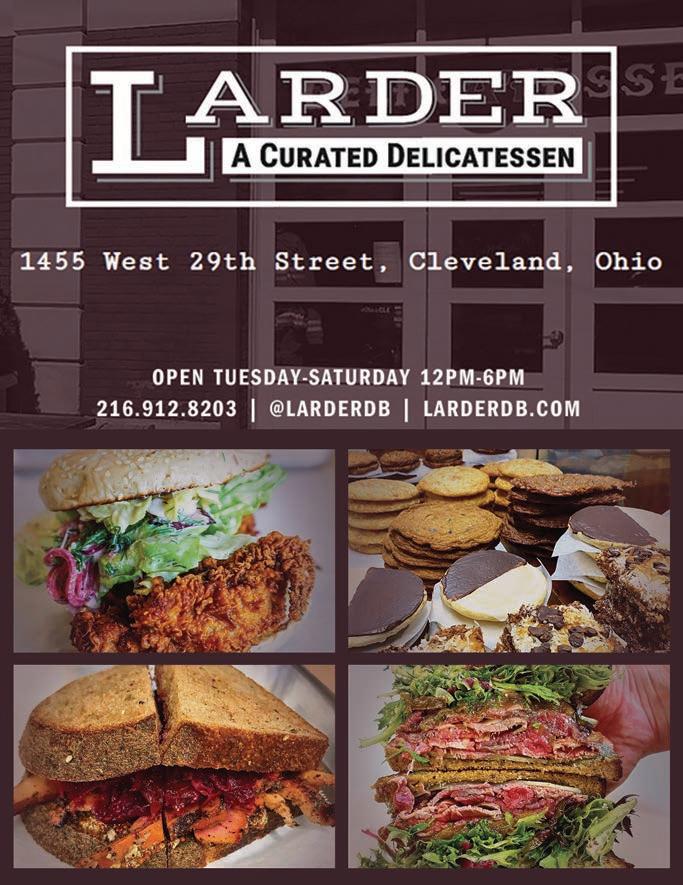
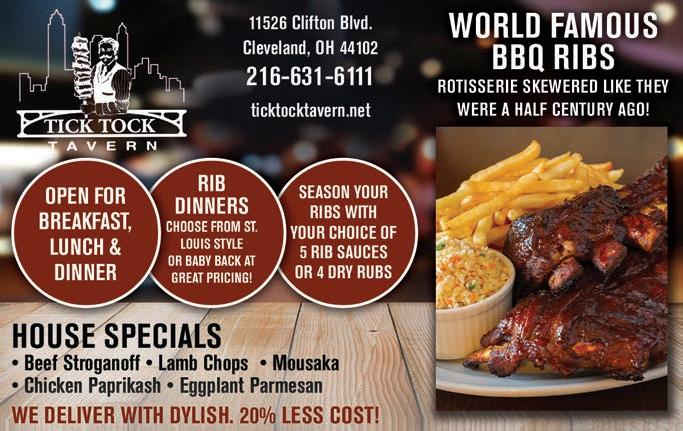
clevescene.com





